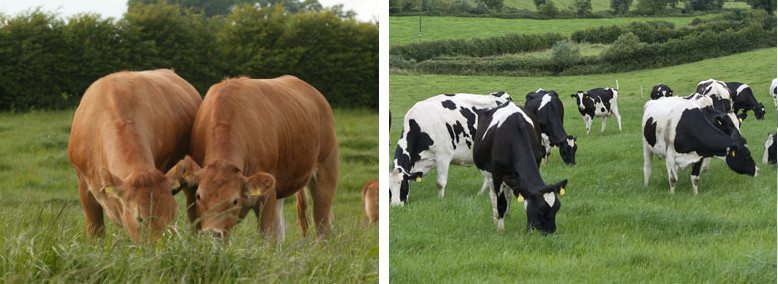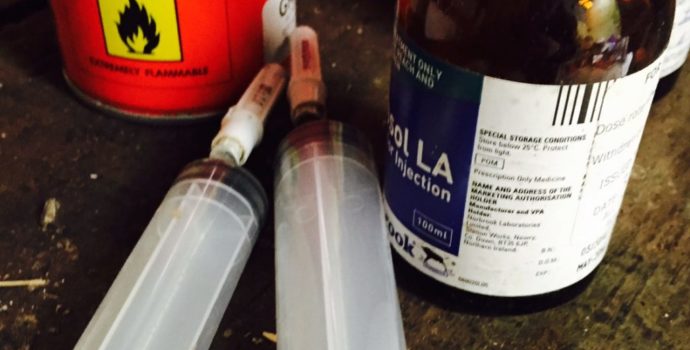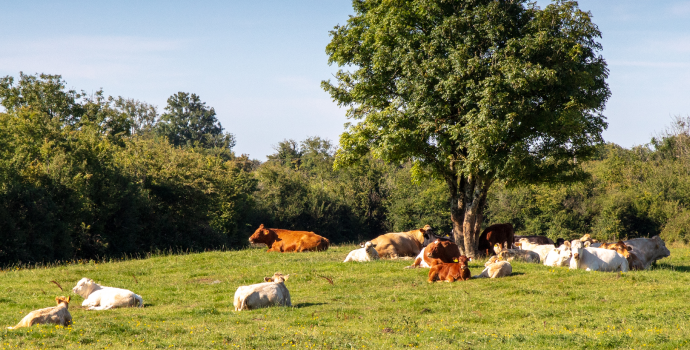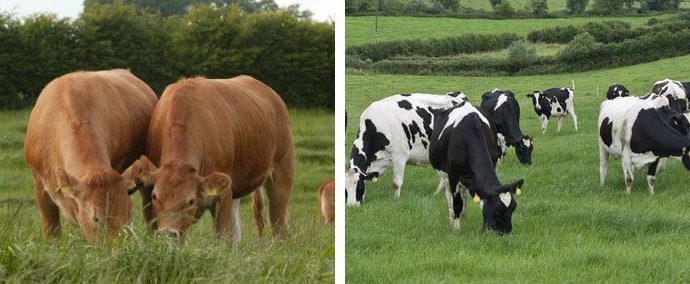Dept Vets Failing to Reflect Wildlife as Key Driver of bTB

The IFA Animal Health Chairman TJ Maher said recent comments by Dept veterinary inspectors at farmer meetings around the role of animal movements in TB spread are misleading and a crude attempt to distract from their failure to address the true cause of TB spread, which is wildlife.
The efforts to blacklist farmers through herd risk letters demonstrates a complete disconnect between both senior DAFM officials and DAFM veterinary inspectors, and farmers on the ground.
The Animal Health chairman said the damaging letters have been rejected by the farming community and by the TB Forum.
“TB continues to be a huge cost and stress for farmers and their families and eradication of the disease in the shortest feasible time frame must be the objective. To do so, the focus must be on the key driver of bTB, which is wildlife,” he said.
All stakeholders have recognised and accepted the critical role an effective wildlife control programme plays in reducing and ultimately eradicating TB from the national herd.
DAFM veterinary inspectors must focus on providing a timely and effective wildlife control programme for their regions and not on misleading claims that animal movements are a major risk for the introduction of TB to a farm. Their own study presented to the TB Forum identified only 7.5% of TB cases may be attributed to animal movements.
“The app to report badger activity that was launched last year by the Minister must be utilised to its full potential and DAFM staff must follow up on each reported instance of activity in a timely manner. We are aware of cases where farmers have reported activity late last year, which have not yet been followed up on. This delay is not good enough for farmers on the ground who are making every effort to protect their herds from bTB by reporting badger activity.”
TJ Maher said the re-establishment of the National Deer Management Group is a positive first step to controlling that national deer population to a sustainable level.
“It’s vital that the group focuses on a co-ordinated approach, which must prioritise addressing the deer population surrounding TB outbreaks.”



